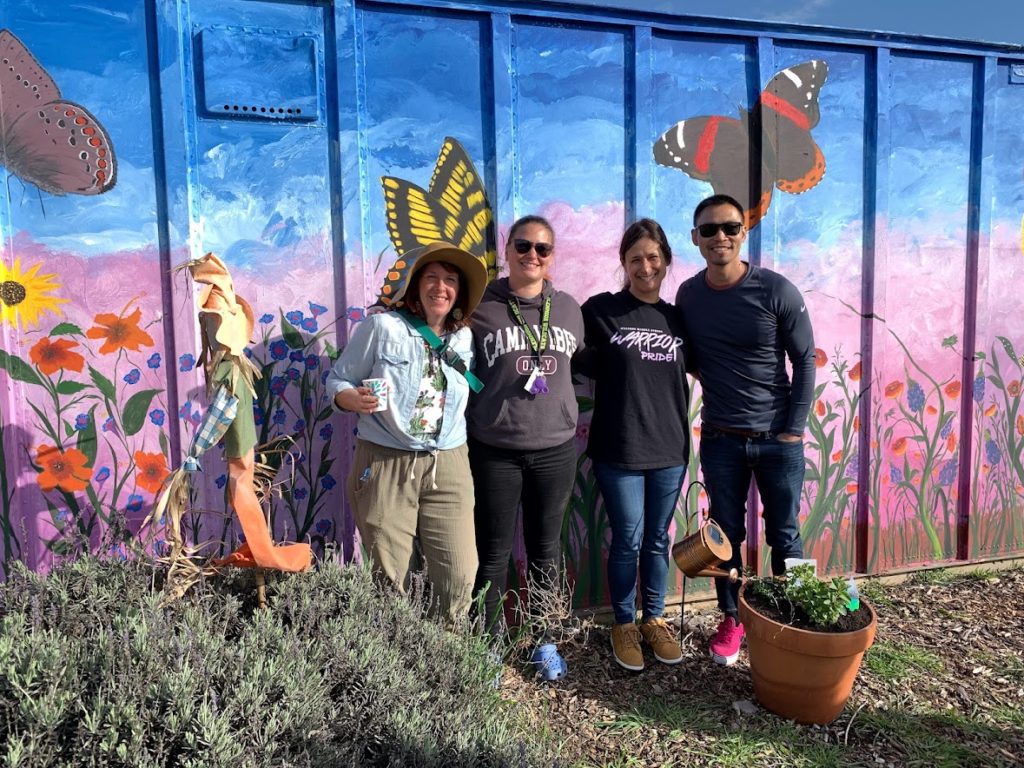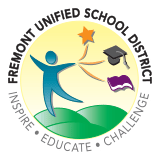Eco-Friendly: Celebrating Our Partners in Environmental Education
This year Fremont Unified School District has highlighted great work by our staff, students and community on environmental topics. This work is done in community and collaboration with many outstanding partners.
“Building our students’ climate literacy is important work,” said Superintendent CJ Cammack. “Our Board of Education has repeatedly underscored our responsibility as educators to prepare students for the challenges and opportunities of the future, which includes providing educational opportunities that promote environmental awareness and stewardship.”
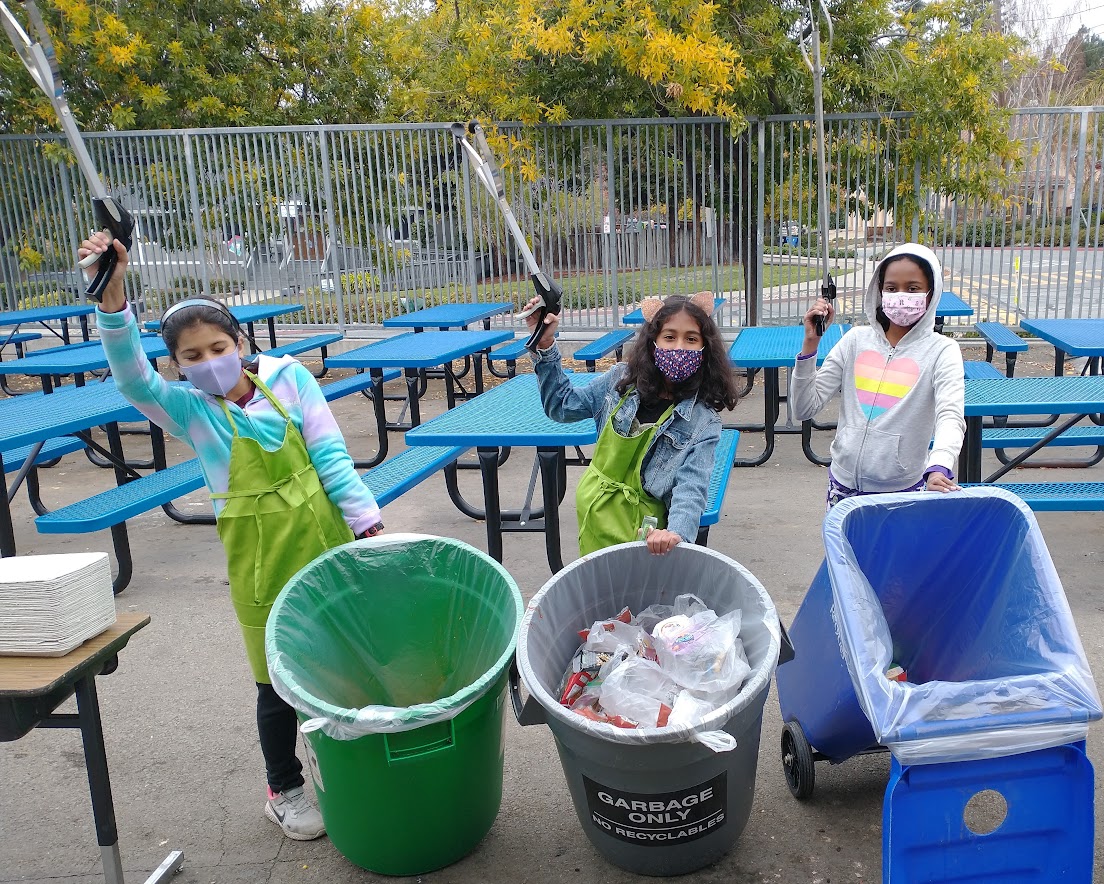
Weibel Elementary students help sort lunch waste in December 2021. (photo courtesy of City of Fremont)
In 2019, the Board adopted Resolution 021-1819, directing FUSD leadership to take action on climate change on matters within the purview of the District. In 2021, the Board approved Resolution No. 030-2021, which declared FUSD’s commitment to educating students on climate change and climate solutions. In 2022, the Board approved “The Roosevelt Resolution,” which focused on transitioning FUSD into a zero-waste to landfill entity.
These resolutions set high goals for the District to work toward, requiring a great deal of planning to identify and implement short- and long-term actions. This work called for collaboration with leaders in environmental fields and resource management, and the development of partnerships with local agencies.
One such partner is the City of Fremont, which adopted its first Climate Action Plan in 2012, and has an active Sustainability Division with staff that regularly lend their expertise to FUSD on climate matters, with a valuable focus on our region.
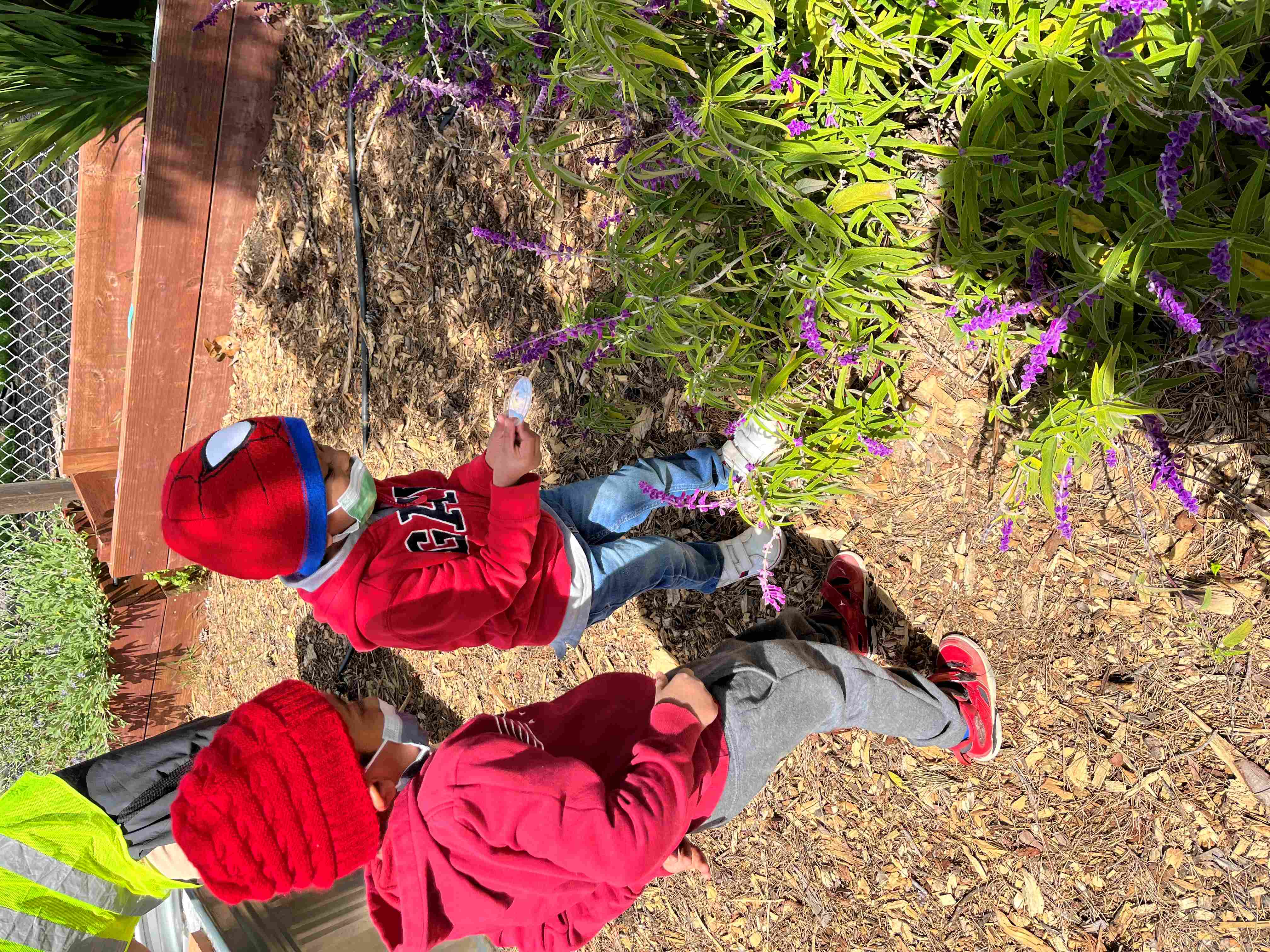
Transitional kindergarten students from Vallejo Mill on a field trip to the City of Fremont's Nature Learning Center to learn about ladybugs and plants. (photo courtesy of Chikako Takeuchi)
“The City of Fremont is proud of our partnership with FUSD to develop students’ climate literacy,” stated City Manager Karena Shackelford. “In recent years the City of Fremont launched waste reduction programs at every FUSD school and office, supported professional development for FUSD educators through our sustainability program, and provided learning opportunities and resources for FUSD students.”
FUSD students and staff can see and feel the impact of this partnership with bins in each lunchroom and kitchen that help divert waste from landfills. The City worked with FUSD staff to host assemblies to launch each school’s waste reduction programs and teach students about how and why to use each waste bin; the City provided recycling containers, and Republic Services provided compost bins.
The City has also been a phenomenal partner to the District’s Curriculum and Instruction Department in offering an Environmental Education Professional Development (EEPD) training series to teachers. Open to all FUSD staff, these training sessions offer professional partnership in adding an environmental focus to instruction and the school campus.
An important element of the EEPD sessions is providing participants an opportunity to engage in learning activities they can enjoy, and then incorporate in their practice to inspire students’ curiosity and care for these topics.
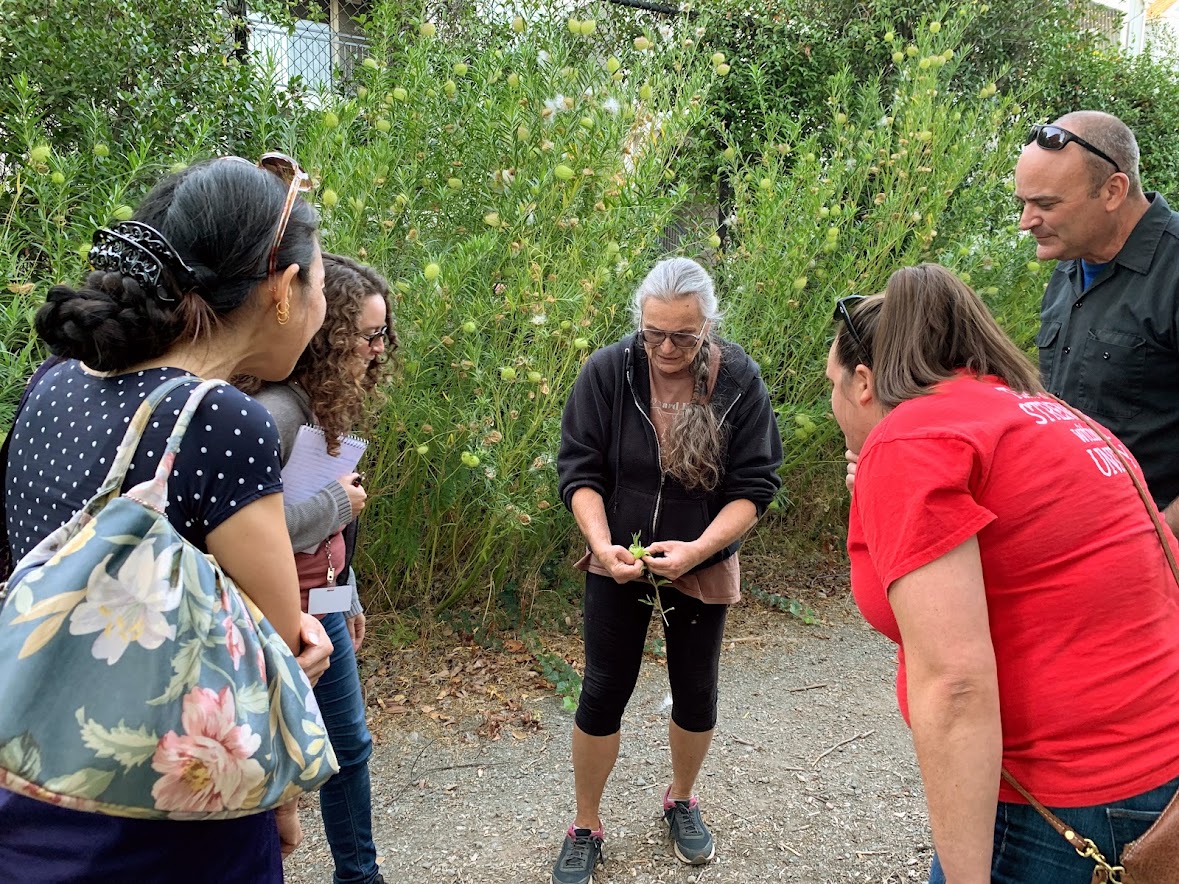
Dr. Joyce Blueford (center), Board President of Fremont’s Math/Science Nucleus, shows a seed pod to attendees of October 2022 EEPD session at Tule Ponds.
In October 2022, an EEPD session was held at Tule Ponds at Tyson's Lagoon, a popular field trip destination for FUSD students for many years. Dr. Joyce Blueford, Board President of Fremont’s Math/Science Nucleus, led attendees through a deep dive into Fremont's climate history and an exploration of Tule Ponds. Rachel DiFranco, the City of Fremont's Sustainability Manager, also presented an overview of the City's Climate Action Plan and how to support students and their families to reduce climate impacts.
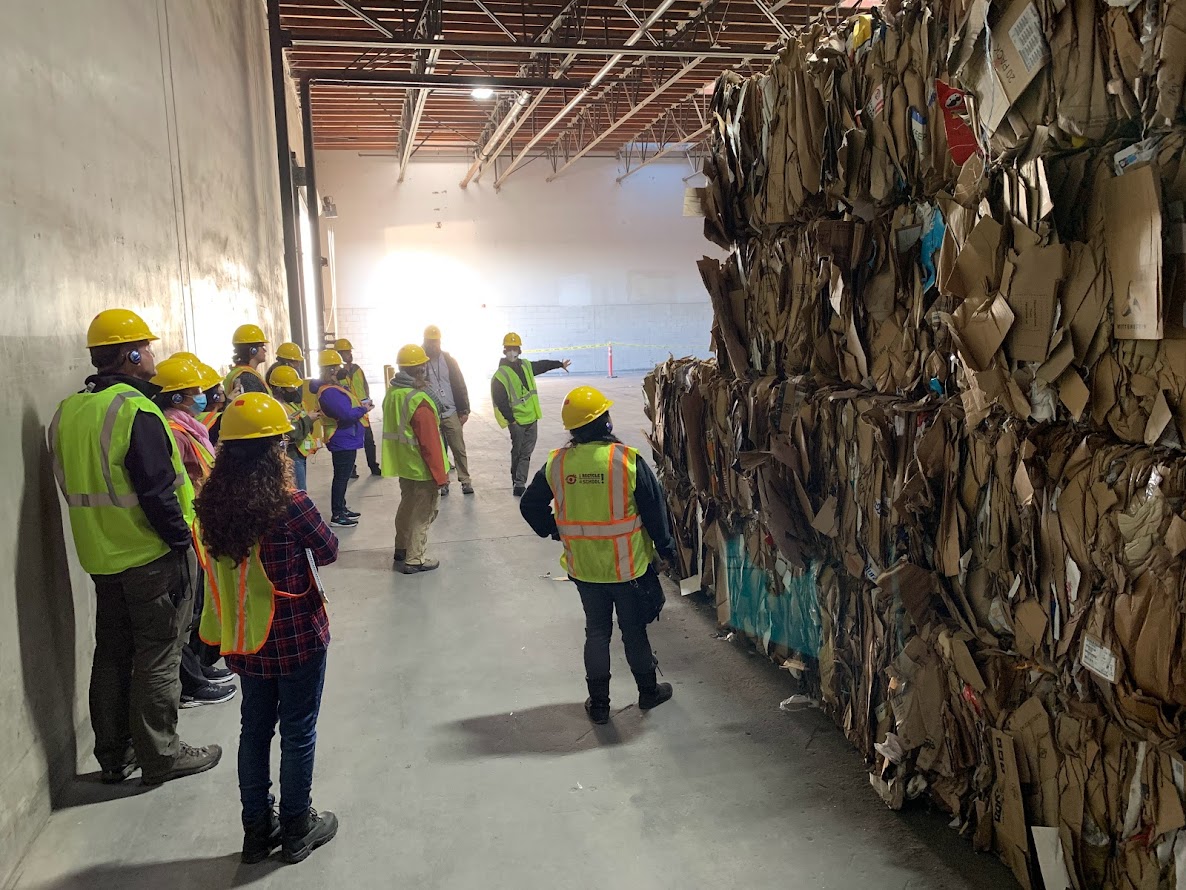
StopWaste's Cristian Aguilar leads FUSD staff on a tour of the Fremont Recycling and Transfer Station in February 2023.
A February EEPD session at the Fremont Recycling and Transfer Station, another popular field trip destination, showed attendees what happens when we throw something "away" with a tour of the facility led by StopWaste.
“The StopWaste schools team believes in the power of education to build upon the culture of caring for people, earth, and community,” said Cristian Aguilar, Schools Program Services Specialist for StopWaste, which offers schools a variety of programming and support.
“Through our partnerships and collaboration with teachers, schools, and students throughout Alameda county, we amplify and support city and school district sustainability initiatives. It is by working together that we create a thriving earth for all.”
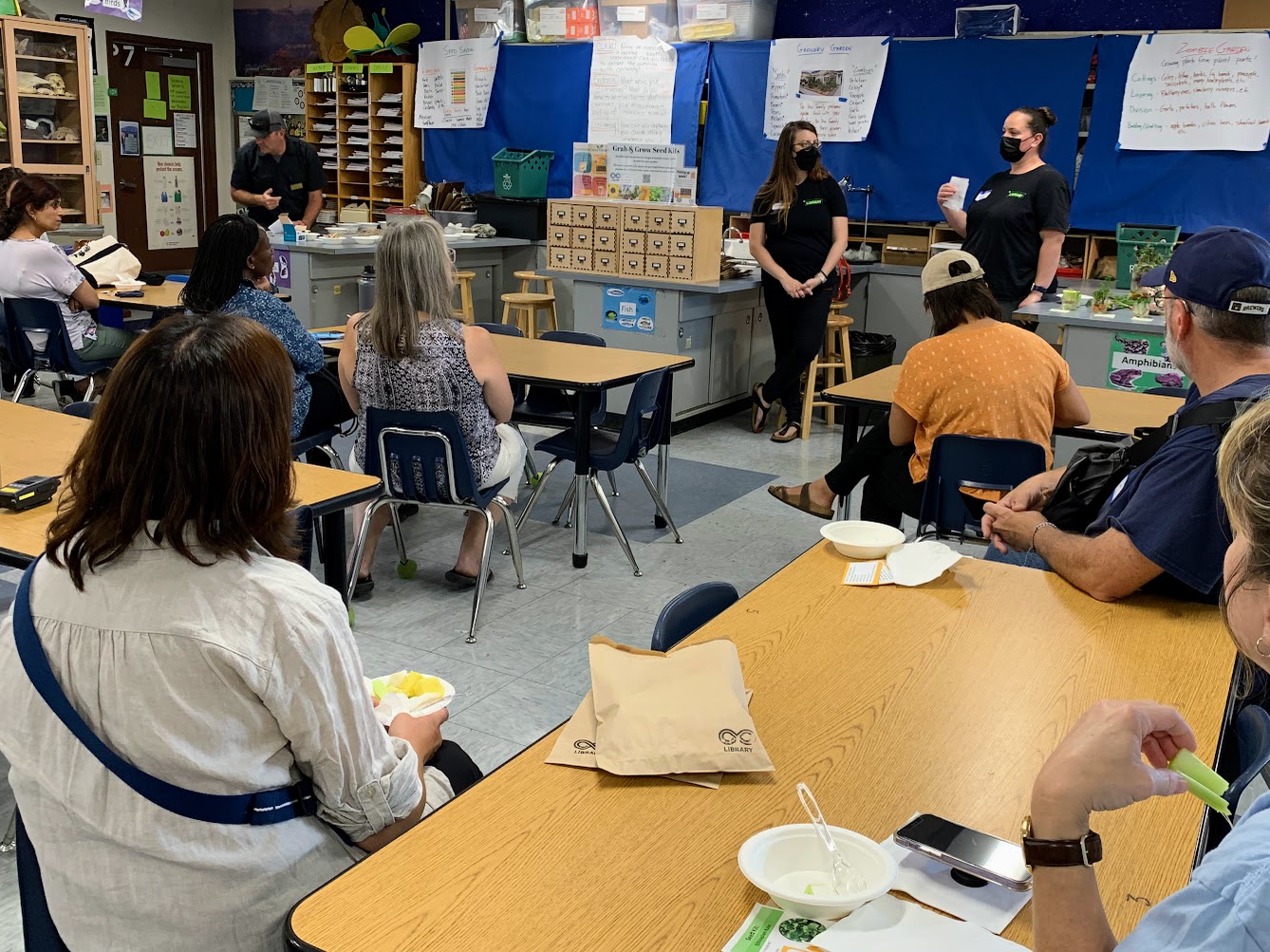
Alameda County Library staff bring a sample of the Centerville Seed Library to an FUSD Garden Network meeting at Niles Elementary.
Another important effort by the District’s Curriculum and Instruction is building the community and resources of those maintaining school gardens through the FUSD School Garden Network.
Staff from the Alameda County Library attend the Network meetings, sharing lessons learned through work on the Centerville Library Learning Garden and seasonal seed packets from their Seed Library.
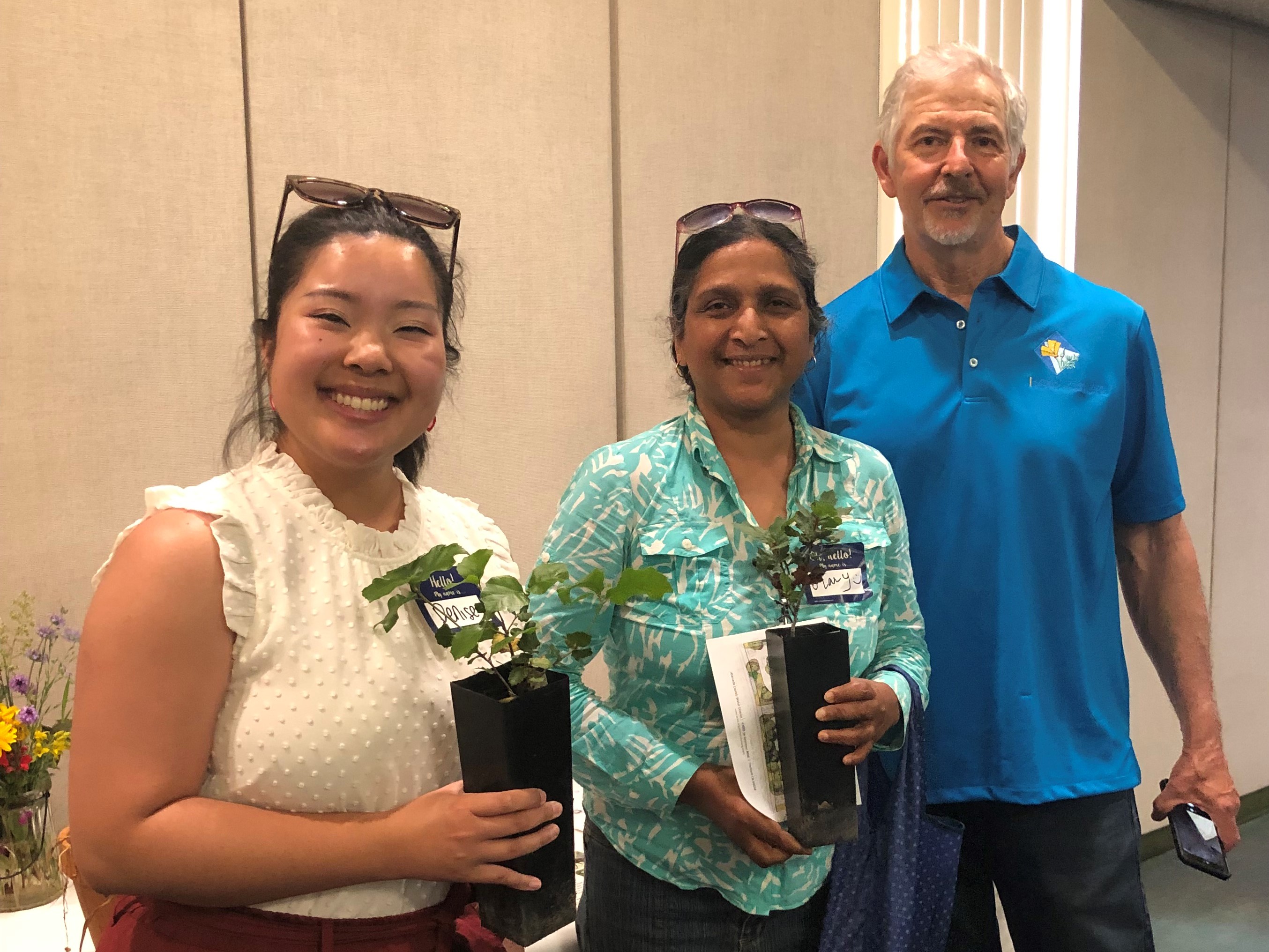
FUSD teachers and Master Gardener Ed Ellebracht at the Alameda County Water District headquarters. (photo courtesy of ACWD)
The Alameda County Water District (ACWD) hosted the April Network meeting at its headquarters in Fremont. The meeting was open to FUSD staff and the public, and the attendees learned about growing California native plants by Master Gardener Ed Ellebracht, and took a tour of ACWD's Water-Efficient Landscape Demonstration Gardens led by UC Master Gardeners.
“Equipping FUSD educators and students with information about the value of water, water conservation and protecting water supply sources is a priority for the Alameda County Water District,” said Renee W. Gonzales, Public Affairs Specialist at ACWD.
ACWD also offers educators outstanding training opportunities and educational resources.
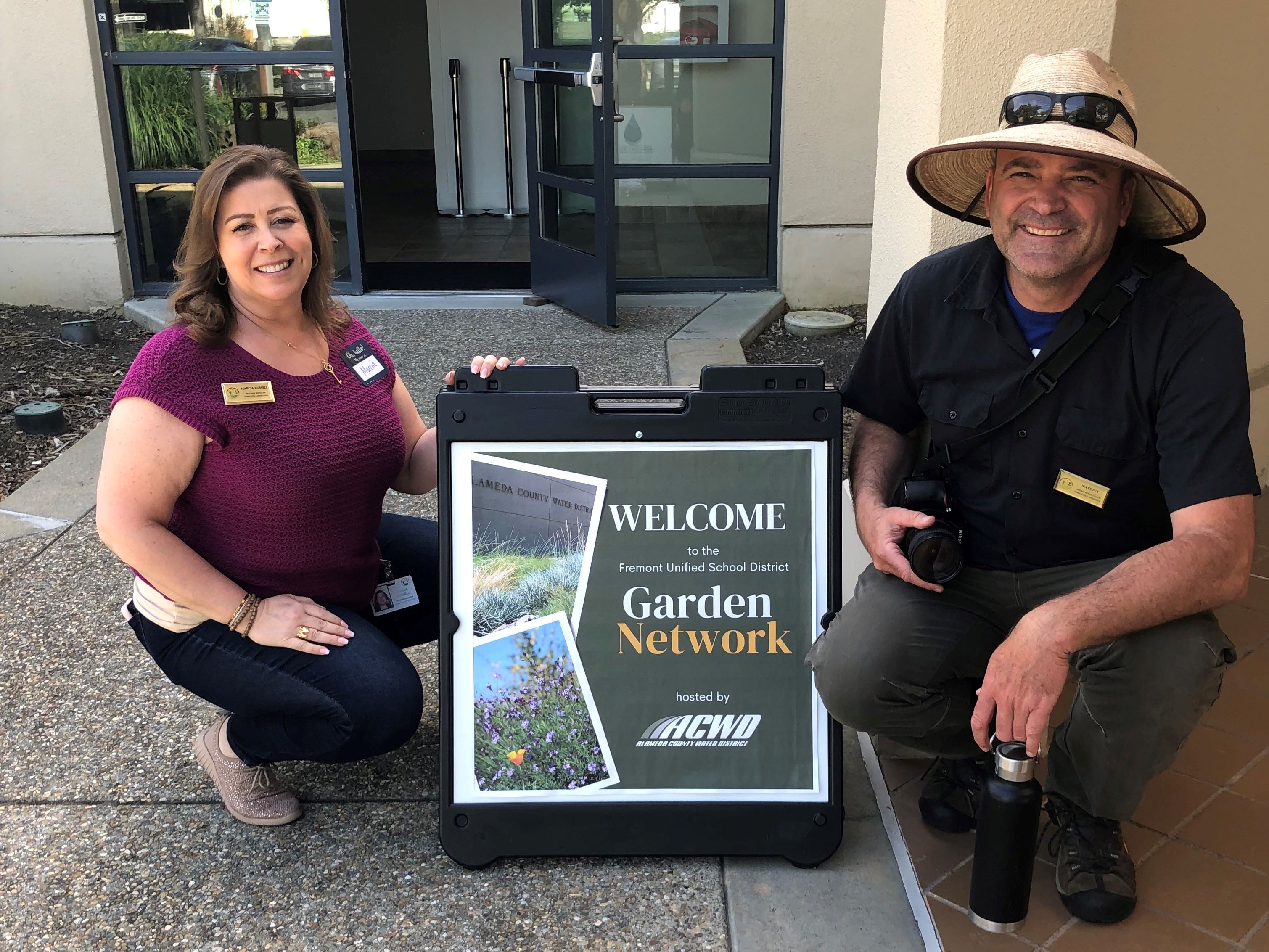
FUSD Math and Science Program Manager Marcia Russell and Secondary Instructional Coach Nate Ivy at ACWD headquarters. (photo courtesy of ACWD)
“Our water education program provides inspiration and access to learning that exposes students to the wonder, importance and power of water,” said Gonzales. “We’ve enjoyed a decades long partnership with the school district and offer free water education resources (activity booklets, posters, guides), a Project WET (Water Education Today) training for teachers featuring ready-made water education lesson plans, an annual WaterClips Student Video Contest for 6-12 grade students, our water education assembly performer ZunZun, online resources and videos, and we participate at school events with fun water education activities.”
Finally, community volunteers are a vital partner in this work. Volunteers have a big impact on school gardens, which many FUSD schools maintain to allow students to dig into the earth and learn how to nurture plants.
Educators can use time in school gardens as an opportunity to enjoy the outdoors, and also to build climate literacy and demonstrate environmental stewardship.
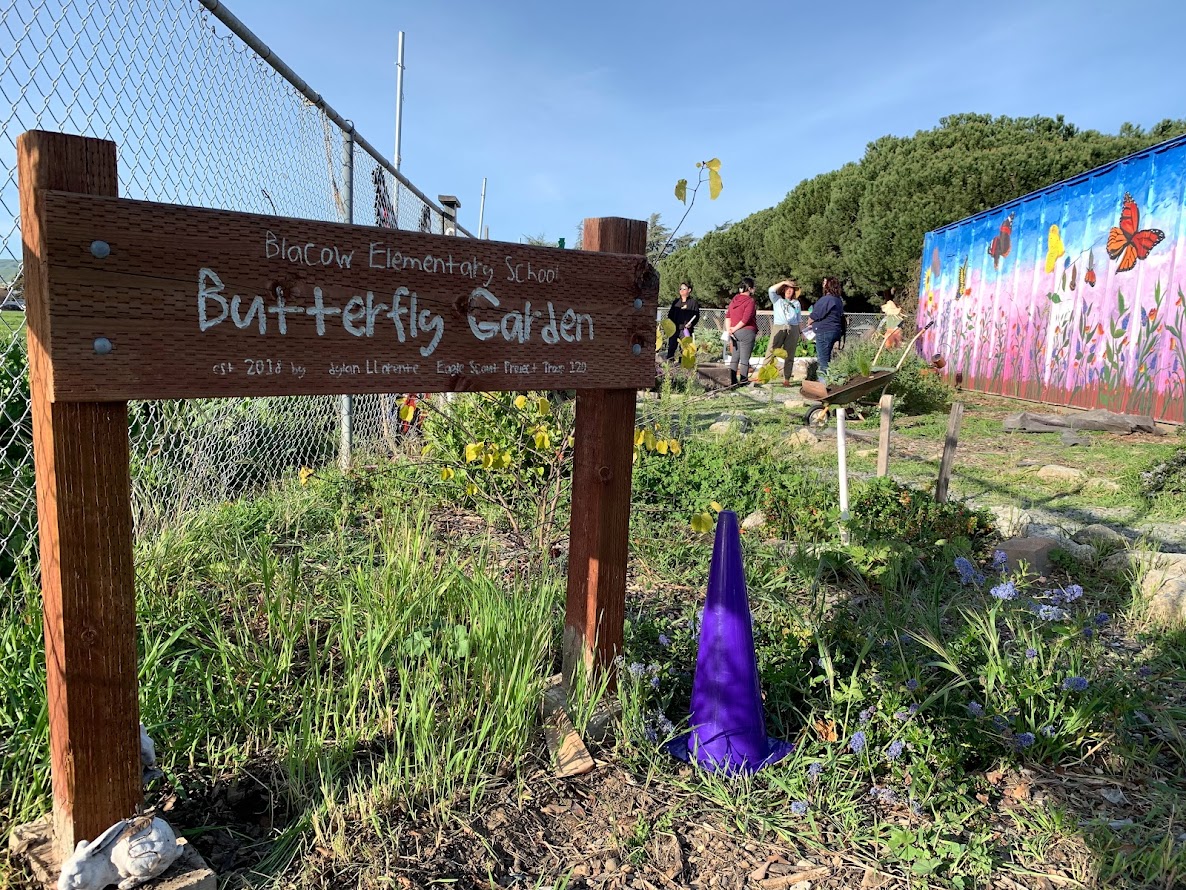
Entrance to the Blacow Elementary School Butterfly Garden.
At Blacow Elementary, a team of staff and community volunteers have worked together to establish and maintain a butterfly garden that serves as a beautiful space and an outdoor learning environment for classes.
“We appreciate the contributions of each of our partners in this important work to both teach students about climate issues and reduce our climate impact,” said Cammack.
Read through our Eco-Friendly stories to find out more about the great work by our staff, students and community on environmental topics.
